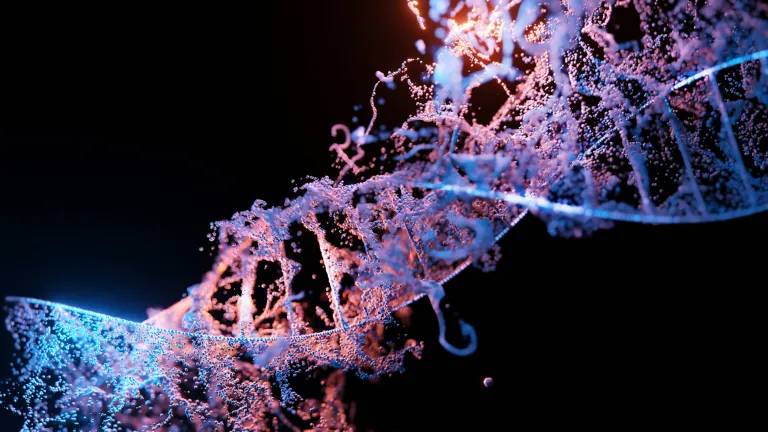Gene-edited Animals?
Scientists are now tinkering with editing the genes of animals to create designer animals. Where is this leading?
Transcript
[Steve Myers] Interesting news article hit the wires yesterday, and it was titled, "Scientists create gene-edited animals as surrogate sires to boost food production." And the article goes on and talks about how scientists have edited genes, genes in pigs, goats, and cattle, in order to produce traits that are resistant to disease, and hopefully, improve food production so they can have more. And so it's interesting, as you read through this, this was the first time that researchers in the United States and Britain used this gene-editing tool that's called CRISPR. And somehow, scientifically, they can edit those different aspects and supposedly produce better animals.
And so, in one way, I mean, this is a phenomenal event that's taken place that they can actually edit the traits in animals. Fantastic. But can you imagine the benefits of having greater food production? You know, hopefully, the things like famine could be, you know, put to rest. We don't have to worry about those kinds of things.
But it certainly brings up many questions. One of the questions, of course, that even the article addresses, it says, it's been a long, contentious subject, this whole idea of gene editing because what ultimately will happen, of course, what will happen to those animals that are edited, that remains to be seen. And what happens to the people who would eat the food that's produced from this? Those are kind of the unknowns. They're assuming that it will just be fine. But it certainly brings to mind that, yes, it could be really beneficial and man has that ability to create things. That's a God-given ability. But what we do and how we do it, can really come into play.
One of the passages that I was reminded of, is one that's in the book of Isaiah. In Isaiah 45, we find a reminder from God that I think is certainly one that we should keep in mind in these kinds of situations. Man shouldn't play God. We have to be careful about that. Here's what it says, "I am the Lord. There's no other. There is no God besides me." And so God makes it very clear. He's the Creator. He's the Lord of the universe.
And so, while science can certainly be something that will be very beneficial in some ways, if we're not careful, they could take the same technology and do horrendous things. So it's something to keep our eye on. You know, where will this technology go? It will be interesting to see how man uses these abilities for creating that God's given him.
That's BT Daily. We'll see you next time.




